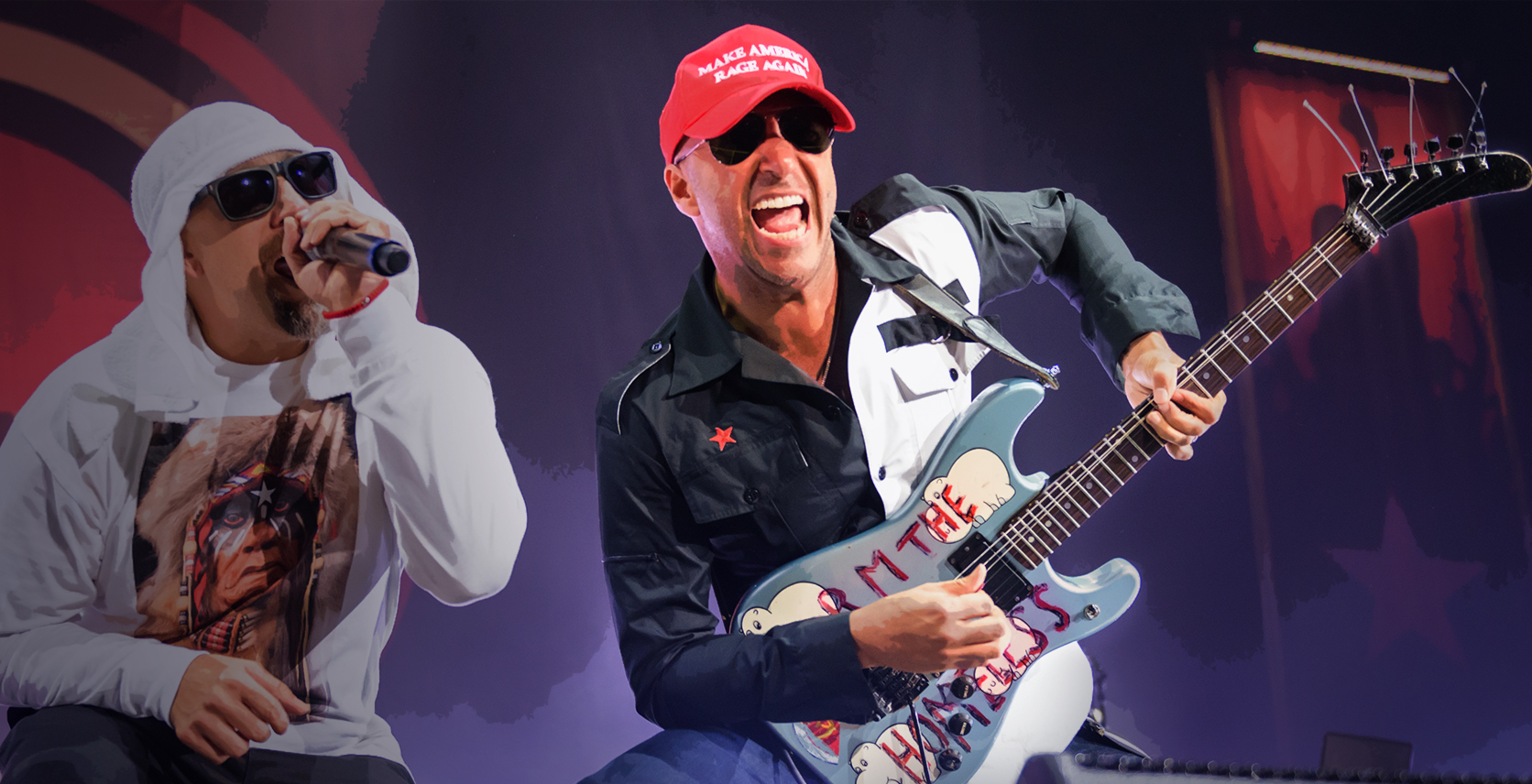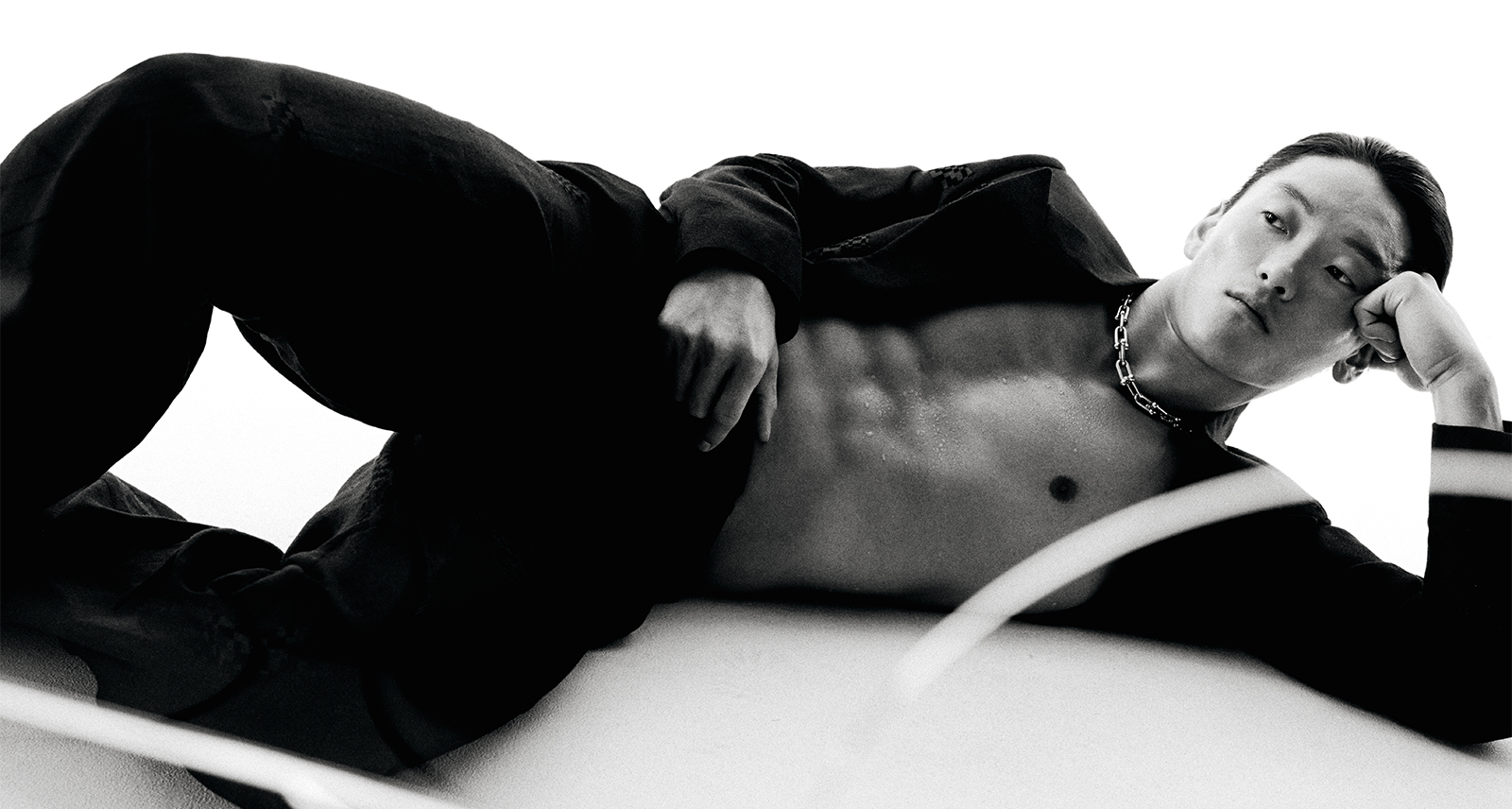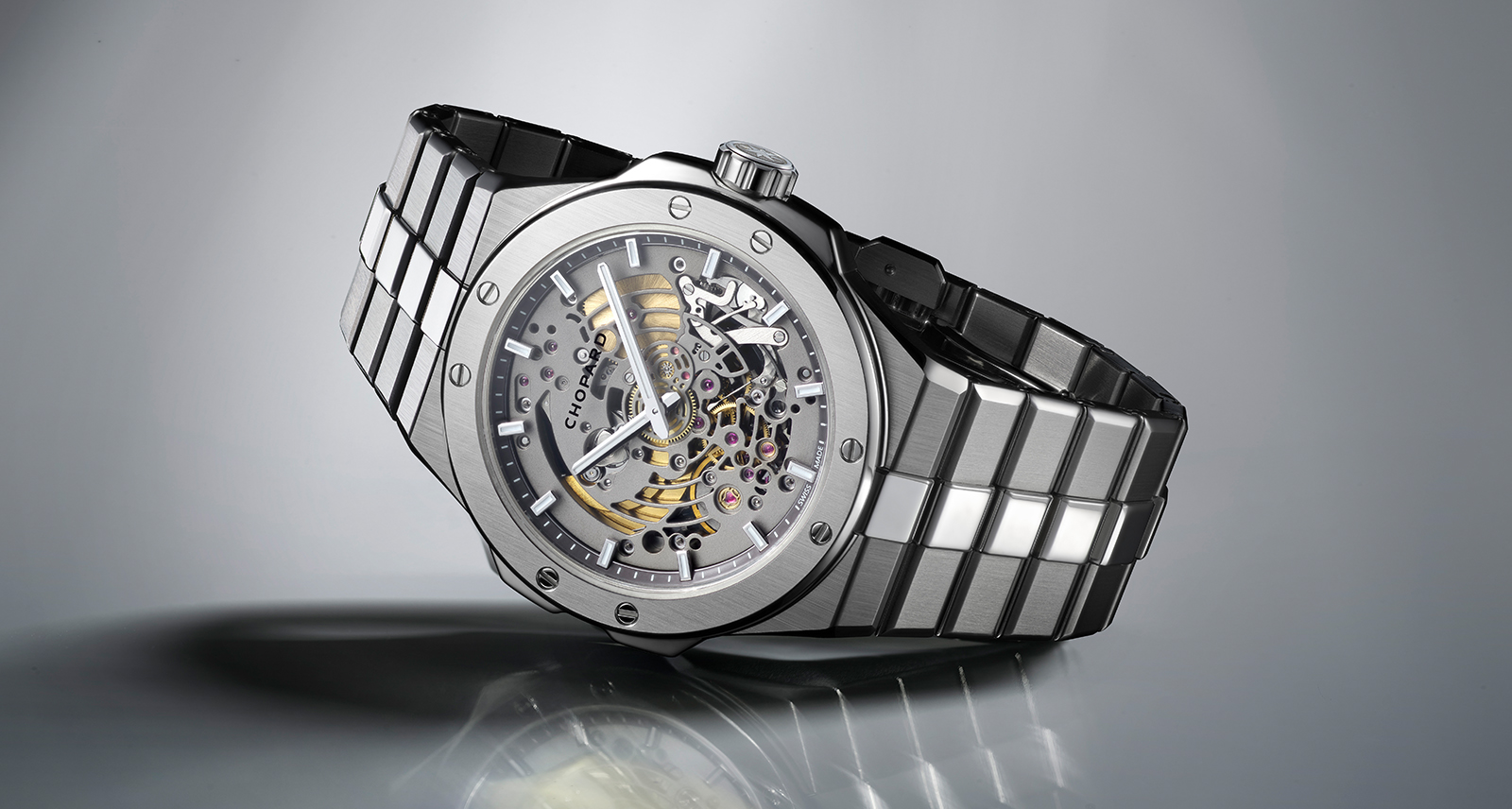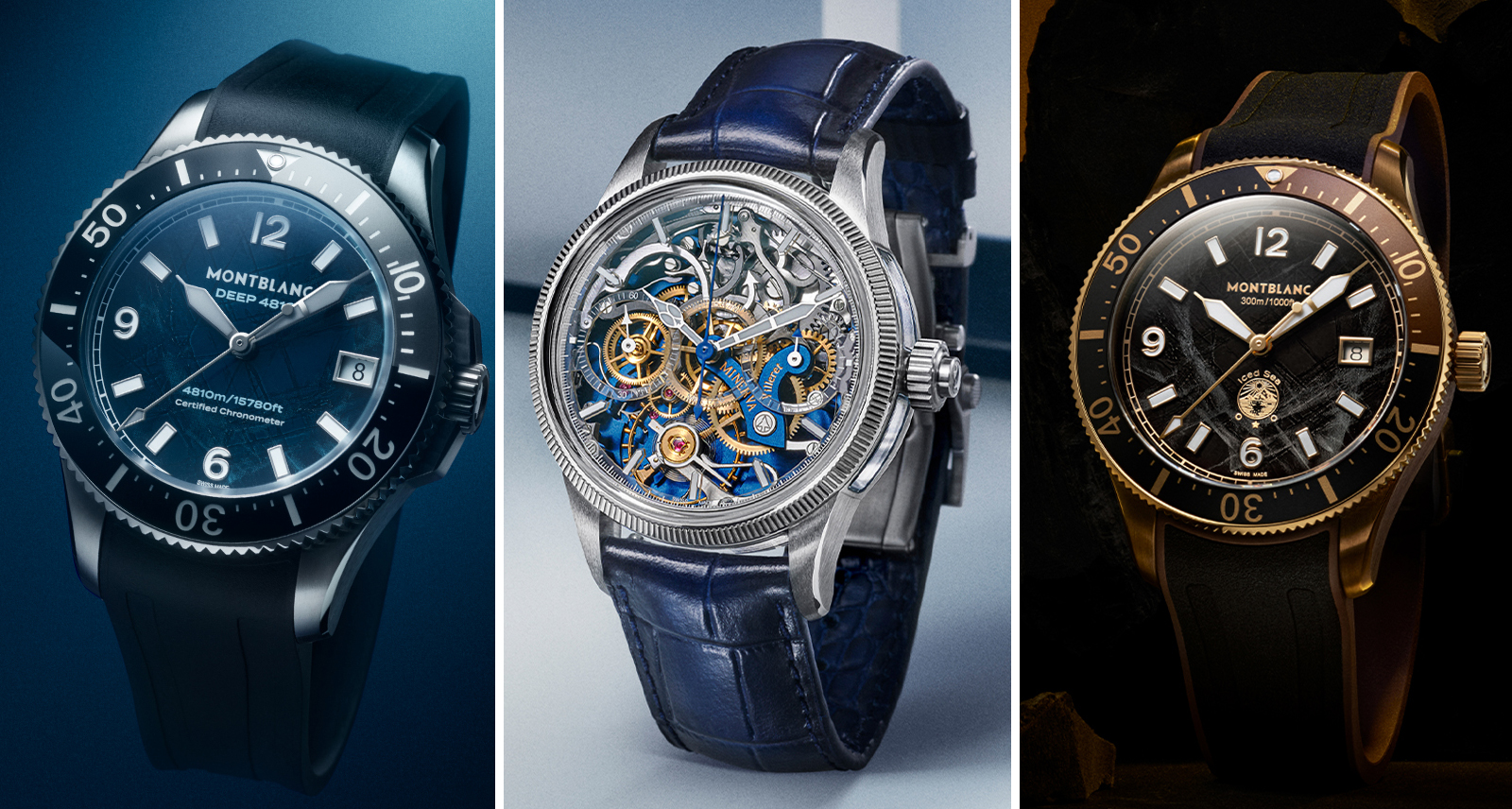Tom Morello Is Ready to Rage Again
It’s time to make America rage again,” Tom Morello tells me.
That, essentially, is the rallying cry of Prophets of Rage, a supergroup formed by members of the guitarist’s old band, Rage Against the Machine, and two of their favourite rabble-rousing MCs: Public Enemy’s Chuck D and Cypress Hill’s B Real. The rap-rock task force has been touring North America this US election season, playing bangers new and old to protest an outmoded two-party system. “We’re providing an outlet for people who feel in their bones that things are messed up.”
The implication, of course, is that there’s a dearth of outlets for people who feel things are messed up in 2016, so Prophets will fill the void. Only there might not be a void to fill. “Make America rage again” sounds like an awfully redundant call to arms right now. Donald Trump has been busy raging against immigrants, elites, and whatever else the white middle class has to rage about. At this year’s Grammy Awards, Kendrick Lamar donned shackles and prison garb to rage against racism. A week earlier, Beyoncé showed up at the Super Bowl in Black Panther attire to rage against the police. If anything, America — hell, the world — could use a rage diet. Less raging, more, you know, problem solving.
“I don’t claim to have the ultimate solution,” says Morello. “But one thing I’m sure of is the system under which we live cannot fix itself. It’s not that it’s broken; it’s working correctly for the people who own it: enriching a few folks and screwing everybody else. But what’s encouraging is there are lots of people raising their voices against it, and those people need a soundtrack.”
That may sound a bit rich coming from a guy who’s banked millions of dollars via record deals with giant multinational corporations. You’d be forgiven for writing Prophets of Rage off as a nostalgia cash grab. After all, Rage Against the Machine’s inherent contradiction — railing against the military-industrial complex while being wholly bound by its musical counter- part — dogged them their entire career. It indirectly spawned hordes of Che shirt-wearing mosh bros who focused more on the rage than the machine and reportedly led to front man Zack de la Rocha quitting the band in 2000. (He’s sitting this one out, too.) So do we really need more Rage today?
It might help to examine the alternatives. Remember all those insufferable protest songs that flooded the radio during the Bush administration? Pearl Jam’s “World Wide Suicide” was as lyrically vague as it was tuneless; Green Day’s “American Idiot” inspired more trips to Hot Topics than discussions on them. They all sounded vanilla compared to the Molotov cocktail of punk, hip-hop, and explicit rants against American hegemony Rage tossed onto mainstream airwaves in the ’90s. “We made a strategic decision to sign with Sony Music in ’92 to get our revolutionary point of view to a global audience,” says Morello. “It’s the reason we’re still talking about Rage today.”
But there’s yet another reason: nothing sounds quite like Rage in 2016. Today’s protest songs tend to be couched within positive affirmations (Lamar’s “Alright”) and navel-gazing LPs (Beyoncé’s Lemonade). Overt, aggressive calls for revolution — the kind perfected by Rage and even Public Enemy before them — don’t really sell records anymore. Amid such a tepid musical landscape, Prophets’ sonic assault — weaponized guitar riffs, funky beats, and cathartic, fuck-you-I-won’t-do-what- you-tell-me bluntness — sounds surprisingly refreshing. “We’re not handing out flyers outside a Starbucks,” says Morello. “It’s got to be the most devastating rock n’ roll show you’ve ever seen.”
And maybe that’s exactly what America needs. The country isn’t likely to stop raging anytime soon. It may as well sound good — and properly pissed off — while it’s at it.










